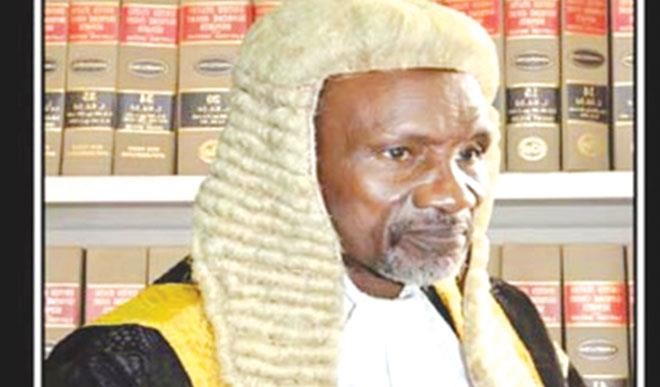
I greatly admire Justice Mahmud Mohammed, the Chief Justice of Nigeria. It seems to me that the country’s top jurist, spare of flesh, is full of the courage of his convictions. As I said in this column sometime ago, he is the only CJN so far to publicly confess that our judiciary and laws are not what they seem. The worms eating up our other institutions are having their fill in the judiciary too. And our judicial system is archaic and unfit to serve the modern legal needs of the modern society and the modern man. When laws are outdated, they create their own burden on those who administer them.
At a public forum sometime this year, Justice Mohammed said: “There is need for an overhaul of the Nigerian judicial system in order to render it fit for the 21st century circumstances; there is need to ensure that justice is quick and inexpensive. Litigation has become slow, costly and highly inflating, especially given their complexity, endless interlocutory applications and potential for acrimony.”

 Join Daily Trust WhatsApp Community For Quick Access To News and Happenings Around You.
Join Daily Trust WhatsApp Community For Quick Access To News and Happenings Around You.


